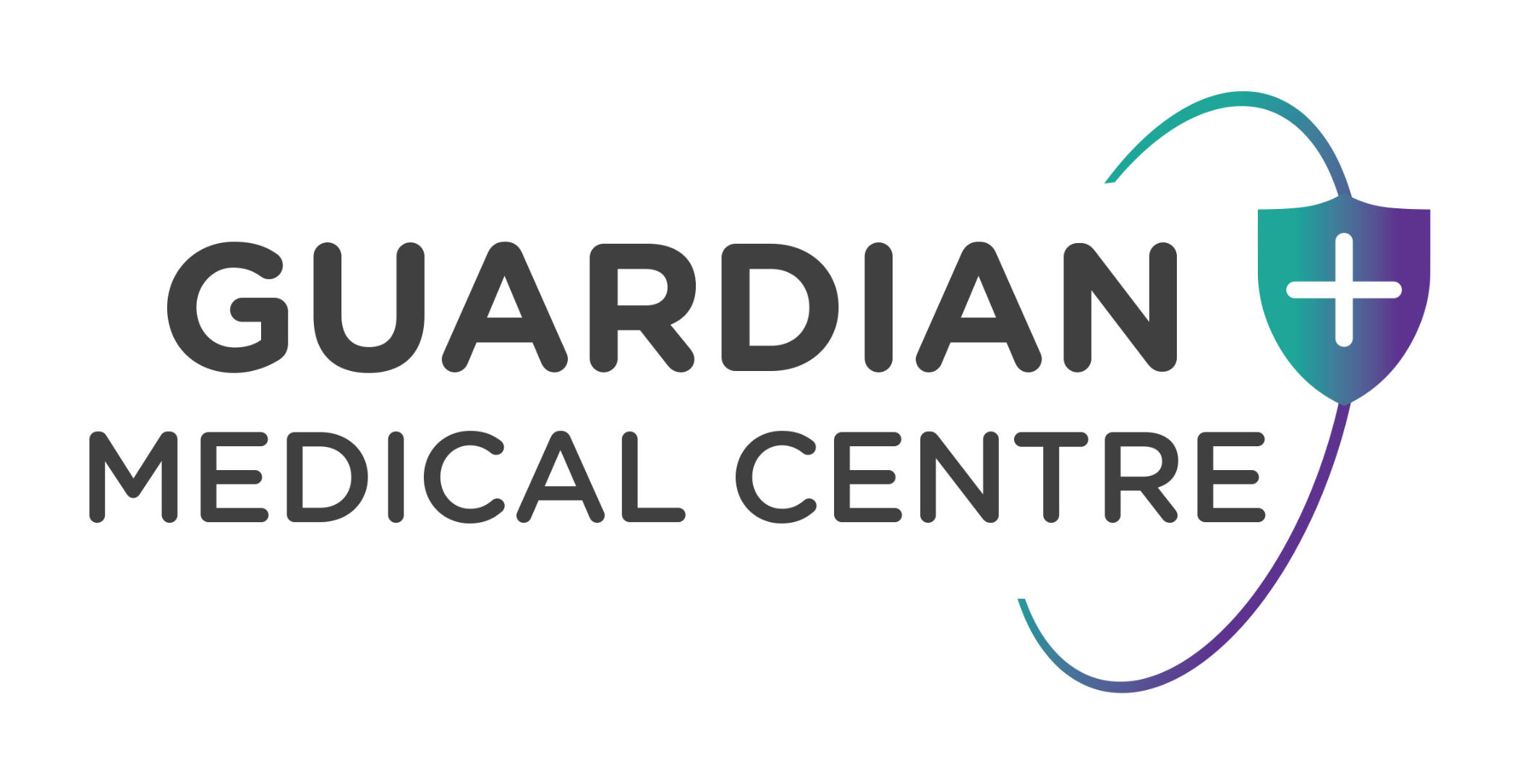Primary Care Collective Action – Notice to Patients
You may be aware of the recent announcement of Collective Action being proposed by the British Medical Association (BMA) in support of the concerns of the ongoing and proposed level of funding to Primary Care GP Practices, which is degrading our ability to provide safe and effective care to our patients. General Practice appointments far outweigh appointments/contacts in other areas of the NHS, but only 8.4% of the NHS Budget goes to GP Practices.
The result of all the above is that in July, GP surgeries nationally voted to support collective action, not as a strike, but to send a clear message that general practice in its current form is unsustainable.
Due to this, we are writing to inform you of some changes to the operations of Guardian Medical Centre. These changes are in line with the latest guidelines of the British Medical Association (BMA) which will be followed by GP practices across the country.
We have done all we can to make the changes as small as possible, but we believe they are essential to maintain safe working conditions for all patients, doctors, and practice staff. We would like to explain the reasons behind the changes and then set out them out in detail.
This collective action, whether by GPs generally or by Guardian Medical Centre, is not designed to penalise patients. We see it as a necessary step to urge the government to direct resources to general practice, providing us with the workforce we need and to secure a new contract that will allow us to continue offering you the best possible care.
Therefore, the following changes will apply.
- Refusing all PRIVATE shared care agreements - agreeing to undertake NHS or private shared care agreements is not contractual, we have agreed to accept NHS shared care only during this time, and will decline any requests from private providers such as ADHD. Click here for more information on shared care agreements and how this might impact your care.
- Standard letter to refuse all workload transfer – return any non-contractual work back to secondary care or the relevant provider/service who are already funded to undertake it.
Some examples of this are below:
- Specific tests (ECG, bloods etc) that we are asked to undertake by a hospital specialists/doctor that should be undertaken in hospital whilst you are under their care, will be directed back to the hospital consultant to undertake. This will mean the patient attending the hospital for these tests instead of the Practice.
- Requests from a hospital specialist/doctor in their discharge letter to us to onward refer the patient to another specialist in the same hospital will be directed back for them to do. This should improve the time taken for the patient to receive their onward referral.
- Hospitals are required to discharge patients with a sufficient supply of any prescribed medication – usually for 14 days. Similarly, in a hospital outpatient clinic, any urgent medication should also be prescribed at the time. This allows time for the patient’s discharge or clinic letter to be received by the Practice, to be reviewed by their GP and further/ongoing medication then prescribed as appropriate. Where this has not occurred, patients will be redirected back to their specialist for their medication. This will mean patients having to wait for discharge medication, until a prescription is issued by the hospital dispensary/pharmacy.
- The hospital doctor is required to issue initial Fitness to Work (FIT) notes as appropriate as part of any discharge procedure rather than asking the GP to do, which may then require a further unnecessary GP appointment. The patient will be redirected back to their hospital specialist/doctor for their FIT note, which may cause a delay to them receiving it.
We hope to have your understanding and support during these challenging times. As indicated, please be reassured that we are not acting alone; all GP surgeries across England are facing the same pressure and will be taking some form of collective action. It is only by standing together that we can aim to make a strong case to the government for the changes needed to improve general practice for both patients, doctors and all practice staff.
For further information on the pressures on general practice, please see here: https://www.bma.org.uk/advice-and-support/nhs-delivery-and-workforce/pressures/pressures-in-general-practice-data-analysis
Thank you in anticipation for your support and understanding.
GP Partners, Guardian Medical Centre
